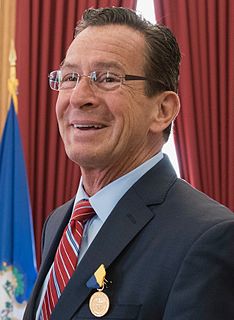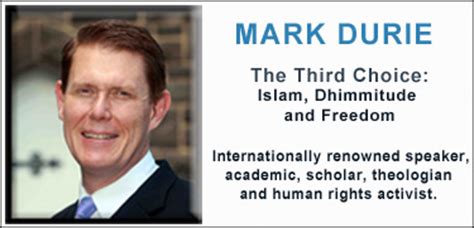A Quote by Gordon S. Wood
[John] Adams said his objective in writing his Defence of the Constitutions of the United States and his Davila essays was to counter what he thought was the unfair criticism of the American state constitutions made by the French philosophers, especially [Anne Robert Jacques] Turgot.
Related Quotes
I think [John Adams's] influence on the federal Constitution was indirect. Many including James Madison mocked the first volume of Adams's Defence of the Constitutions of the United States in 1787. But his Massachusetts constitution was a model for those who thought about stable popular governments, with its separation of powers, its bicameral legislature, its independent judiciary, and its strong executive.
Bentham spent much of his life writing constitutions and proposing legal reform in the light of his utilitarianism. The evaluation of particular acts was hardly his concern. The psychology of his day was hedonistic and he worked in that framework and passed it on to Mill, but it is clear as day that Mill was not a hedonist in the sense in which we use that term today, though he used the language of pleasure and pain to express his views.
The moral principles and precepts contained in the Scriptures ought to form the basis of all our civil constitutions and laws . . . The religion which has introduced civil liberty is the religion of Christ and his Apostles . . . This is genuine Christianity and to this we owe our free constitutions of government.
We only have one penal code in the United States, and it applies in every single state, every city, no matter who is there. This is part of the fear mongering, that has gripped the United States, the notion that we need to pass a law forbidding the institution of a foreign Law in the United States when it is forbidden by the constitutions is yet another example of targeting Muslim communities because they are seen as different, or exceptional in other ways.
Pope John Paul II himself was kind of a rather independent, creative man. I remember being told by somebody who worked very close with him in preparation for his first visit to the United States in 1979, he studied our normative documents, Declaration of Independence, the Federalist Papers, the Constitution. And he was amazed. He called his priests first
thing in the morning and he said, he said, I thought America was a pagan country.
I don't think people understand - atheists are really a disenfranchised minority in this country. There are six constitutions right now - state constitutions - that say things like what South Carolina says that, "No person who denies the existence of a supreme being shall hold any office under this Constitution."
Thomas Paine, so celebrated and so despised as he traveled through the critical events of his time, has long appealed to biographers. Paine was present at the creation both of the United States and of the French Republic. His eloquence, in the pamphlet 'Common Sense,' propelled the American colonists toward independence.




























